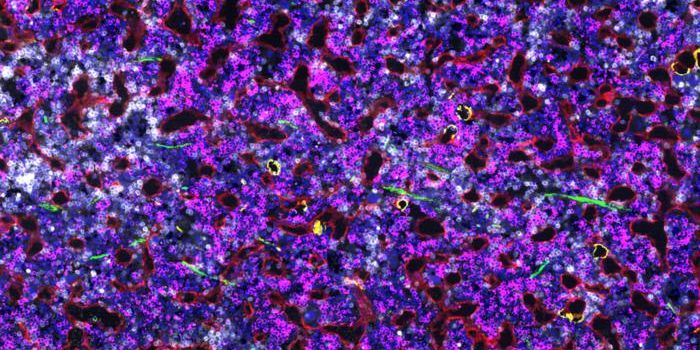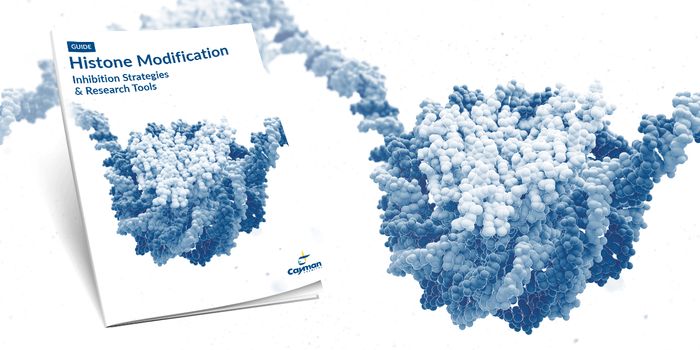Researchers Discover an Antiviral Function for Cellular RNA
RNA in cells performs an astounding number of functions. Messenger RNA carries the sequences of active genes to cellular machinery that turns it into proteins. And transfer RNA molecules are an essential part of the construction of those proteins. RNA molecules that have nothing to do with proteins can also help regulate genes and perform other cellular functions. Researchers have now shown that some RNA in cells also helps defend against viral infection, by aiding in the control of antiviral signaling. The findings have been reported in Science.
The researchers noted that RNA can be seen not only as a drug target, but also as a drug. RNA presents an opportunity for treating infections, or autoimmune diseases, they suggested.
The body has cells and proteins that can monitor us for pathogens, and they can trigger immune responses. When RNA viruses are detected, the mitochondrial antiviral signaling (MAVS) pathway is activated, for example, with the help of a MAVS protein that sits on the outside of mitochondria. MAVS activation leads interferons to respond to the infection.
MAVS proteins can support other signaling pathways by forming complexes called signalsomes. These protein complexes can promote the interaction of various molecules, and help trigger immune activity. MAVS signalsomes can turn a variety of antiviral defense mechanisms on, and can bind directly to RNA. This RNA could be activating MAVS, the study suggested.
"While protein-protein interactions and protein modifications are critical for antiviral signaling through the MAVS signalosome, our research highlights the significant role of cellular RNA molecules in this process," said senior study author Ram Savan, a professor at the University of Washington School of Medicine in Seattle. "We identify specific host RNA and proteins necessary for the effective regulation of interferons."
Like many immune responses, the MAVS pathway has to be carefully controlled or problems can arise. MAVS has to trigger responses that are powerful enough to eliminate a viral infection without causing unintended damage to healthy tissue, or autoimmunity. Previous work has identified pathways that can overactivate interferon and are associated with lupus and other autoimmune disorders.
RNA has been known to alter protein complexes in different ways, but this may be one of the first studies to show that RNA can also affect immune signaling.
This research has also suggested that there are other cases in which RNA influences immune signaling, just waiting to be revealed.
Sources: University of Washington School of Medicine, Science









